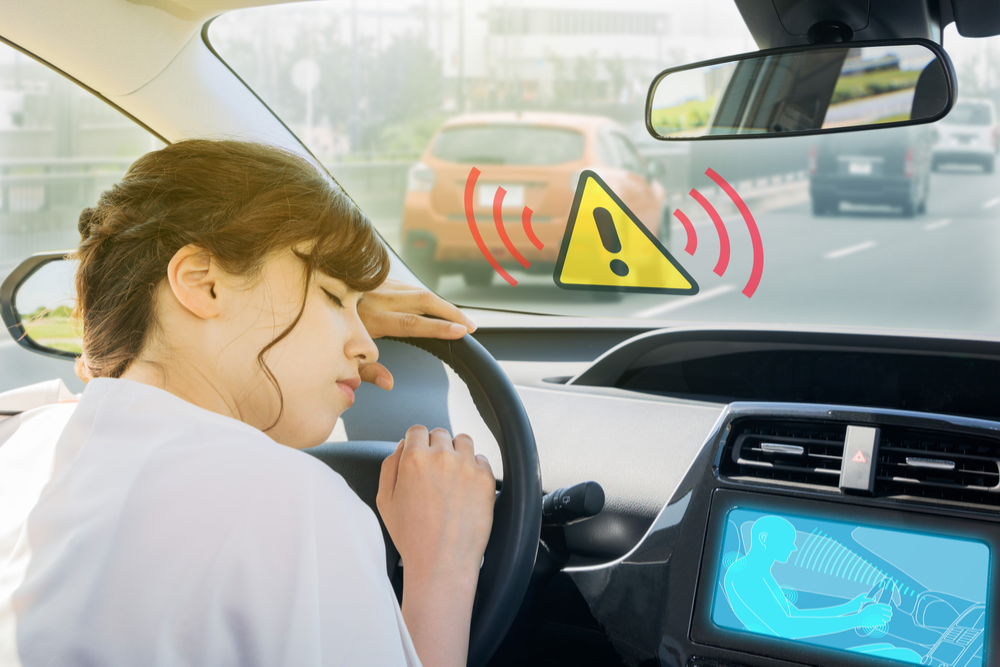There’s never a dull day when you make your living in search marketing.
Google continues launching new capabilities and retiring others.
Just keeping up with the competition requires constant learning and reskilling.
We hadn’t even fully recovered from the sunset of the old Google Ads interface when the implementation of ‘close variants’ changed for the fourth time.
If you think you’re just cruising when managing PPC, you probably didn’t pay attention and are now a mile behind everyone else.
And this pace of change will only accelerate. It’s Moore’s Law.
He decreed it so, even if PPC didn’t yet exist when he said that computers would get twice as fast every 18 months.
And how, you ask, does Moore’s Law impact PPC?
Well, the computers that Google uses to predict CTR, predict conversion rates, find similar audiences, and pick the right responsive search ad for every user are all getting twice as good every 18 months.
And they were already really, really good this year, so that pace of innovation will accelerate.
So we need to find ways to remain relevant in this day-and-age of increasingly automated PPC capabilities.
Build a Great Team with Great Tools
The Google Ads management system continues to layer on more ways to help advertisers automate.
In a previous post, I predicted that 2019 will be defined by advances in machine learning that will impact how PPC is done.
This means learning a variety of tools, from simple time-savers like Automated Rules to very advanced tools built on the latest machine learning, like Smart Campaigns that automate bids, budget allocation, and targeting of entire campaigns.

While you may not be ready to hand over your most important campaigns to automated management, there are probably some campaigns or clients who haven’t gotten your full attention and would benefit from the more active optimizations afforded by tools.
If you work with clients, you’ve probably been in that tough situation where you realize your oldest (and most loyal) client no longer pays you in line with newer clients.
You’re no longer giving them enough of your time to drive the results they expect. You can fire the client, or you can find technology that enables you to make that client profitable again.
So it’s inevitable we will need tools to succeed with PPC in 2019.
There are three high-level action items related to automation and tools that should be on your agenda to consider this year:
- Select the right technology
- Customize it with your secret sauce
- Monitor the automation
1. Assemble Your Technology Stack
Everyone needs to use some tools.
There’s simply no way you can make a good living at PPC if you’re not using automation to make yourself more productive.
The question then becomes “what tools are best for me”?
This involves several considerations:
- What problem am I trying to solve and what tools address those problems?
- Do I need to manage bids faster?
- Do I need better reports to retain my clients?
- Do I need a tool that makes Ads Scripts easier to use for non-programmers?
- Will the tool produce the right return on investment?
- Is the tool less expensive than the expected improvement in results?
- Or does it cost less than doing the same work manually?
- How will the tool interact with other automations?
- Is it compatible with other systems or will it cause interference?
- Will the tool allow me to differentiate my offering through customization or will I be locked into a cookie-cutter solution which will lead to average results?
With these questions considered, you can put together a set of tools, your technology stack, that will help you deliver your PPC management offering in 2019.
2. Teach the Machine
Despite their promise of full automation, even Google’s Smart Campaigns still need a baseline created by humans.
Specifically, Smart Campaigns can only be created after an existing campaign accrues enough historical data for the machine learning algorithm to start determining targeting, bids, and budgets.
These campaigns had to be created manually by humans first.
This means that your early work on campaigns is the basis of what the machine will use to learn how to optimize it.
So here are a few considerations to help get campaigns to the point where they can be automated faster:
- Use a consistent structure to build cleaner campaigns. Just like roads with inconsistent markings are harder for self-driving cars to navigate, haphazardly created campaigns are harder to automate too. Have a process, be consistent, and be logical during build-outs.
- Leverage what you know from previous campaigns to start new ones with the right settings. A huge part of your value as a PPC expert is that you’ve done this before so you should know what pitfalls to avoid and what settings are likely to produce immediate results.
- Track conversions from the get-go and have a plan on what attribution model best fits your type of business. Every year I write I’m shocked at how many advertisers I encounter who don’t track conversions. And yet here we are in 2019 and I’m writing it again. *Sigh*
3. Monitor the Automation
Now you’ve given your tools the data they need to be able to start handling some of the management but don’t book your ticket to the beach quite yet.
You’ll still need to keep an eye on things because when management is faster (automated management tends to be more frequent than manual management), there is also a risk that things will go wrong faster.

Also, consider that automation brings with it an entirely new set of challenges that may be just as time-consuming as the manual tasks these tools are trying to replace.
Case in point… in my early days of writing Google Ads Scripts, I came to the shocking realization that I was spending just as much time maintaining and monitoring my scripts as I was previously spending on the manual tasks these scripts had replaced.
Of course, the benefit was that I could scale account management to more and bigger accounts, so I could make more money.
But adding automation without putting the right new processes in place wasn’t going to help me the way I thought.
I was simply shifting where my time was spent. This was a solvable problem, it’s just that nobody told me so it took me a little longer to get to where I wanted to be.
So to set yourself up for success, consider how you will monitor performance when things move faster and when your tools have enabled you to work on far more accounts than you could handle before.
This could involve a simple change to your agency’s process or the addition of some additional tools whose main purpose is to monitor and alert you when needed.
Conclusion
Whether you like it or not, parts of PPC are becoming more automated.
This means that you have to learn new skills, update your playbook, and generally spend more time just to stay on-par with what other advertisers are doing.
Automation in PPC has been a consistent theme for me, from Google Ads Scripts and Bing Ads Scripts to the impact of artificial intelligence on the role of the PPC expert.
I’ll continue to share more this year right here on Search Engine Journal.
Happy New Year!
More Resources:




